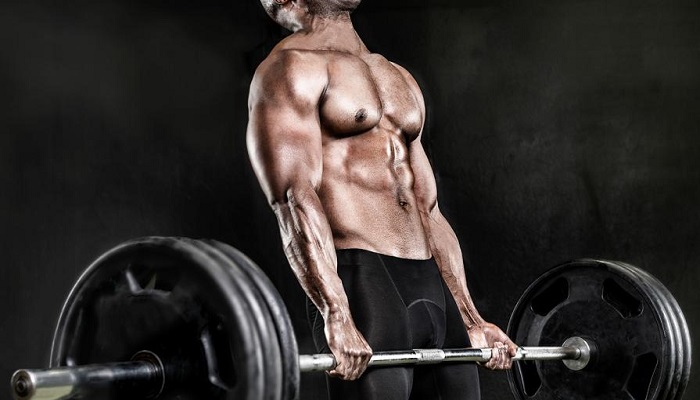One of the biggest doubts among sports fans is knowing what to eat before, during and after each exercise. Among the dozens of recipes that are recommended as a supplement for training, there are different beliefs that may be inappropriate
Performing physical activity has its secrets, and in the form of food are several of them. There are dozens of diets in which different ways of feeding or certain consumption are recommended. Whether it is to achieve resistance or before training to develop strength, ultimately it is not always clear what should or should not be consumed. To get the most out of the training routine, it is wise to discard some options that are born from false beliefs.
01 Myth: There is a perfect diet
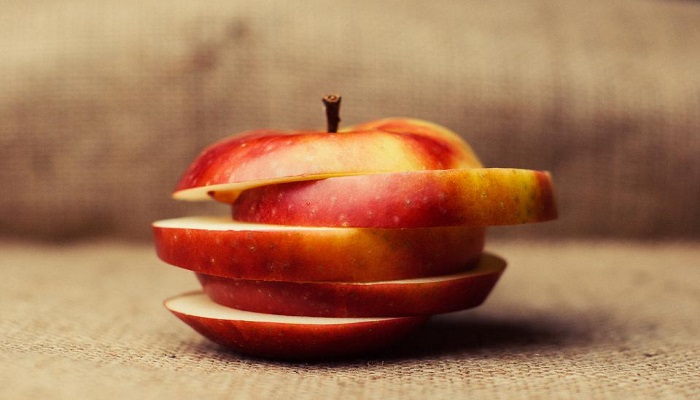
Reality: In the part of nutrition is to seek the miracle recipe, the miracle nutrient or miracle supplement that makes us improve performance, but what the athlete needs is to know much more to understand what foods work best in each moment And in every situation.
02 Myth: Protein should be consumed after exercise
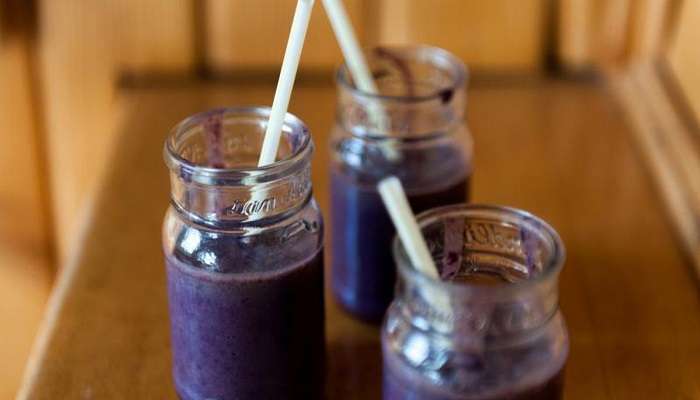
Reality: Although many may think it is so, it is not a recommended practice, beyond the protein needs of each individual. The cells of the body have a greater ability to assimilate post-exercise nutrients, but the recommendation is that a controlled and sustained protein intake should be supplemented throughout the day. Individuals have different levels of protein tolerance, which depends not only on the genetic aspect but also on the type of exercise and its intensity.
DISCOVER MORE:
03 Myth: The diet should be rich in pasta and other carbohydrates
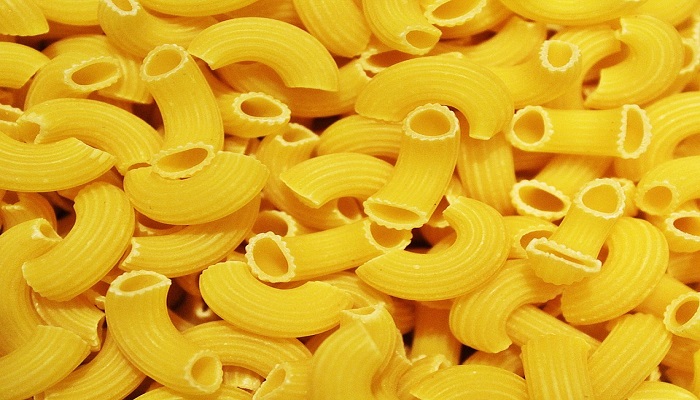
Fact: Several investigations prove that increased carbohydrate consumption has no effect on performance when training lasts less than 90 minutes. This is because, in short, and low-intensity exercise sessions, muscle glycogen levels are not fully depleted. In sessions longer than 90 minutes, this glycogen is completely consumed and carbohydrates will be useful there.
04 Myth: Any energy drink serves

Fact: There are many differences between these products that make them more or less effective for a particular sport or individual. The truth is that the only liquid really necessary for those who practice moderate sports is water. The nutritional label allows you to identify what each drink contains and know what is best for it. Some have more carbohydrate, some have more protein, some have more vitamins or minerals.
05 Myth: Fats are bad for the body

Fats are considered harmful to figure and overall health, but it is not precisely so. Without fat, the healthy metabolism is simply impossible. Without these elements, vitamins A and E are not absorbed, and sex hormones are virtually gone. The deficiency of fats causes the premature aging of the skin and affects the liver. Therefore, oil, especially vegetable, should be limited but not completely rejected. It is better to eat fewer foods that contain hidden and not always healthy fats: sausages, mayonnaise, cookies, cakes.
06 Myth: You can eat everything
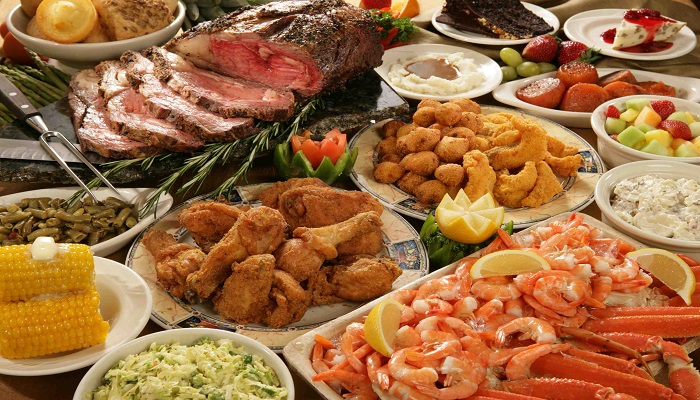
Fact: There is a lot of misinformation about the subject of nutrition, which leads to the appearance of myths. The truth is that in the end, it is the athlete himself who has to know how his body works. There are no miracle foods that will improve your performance or lose weight, but there are good habits and bad habits.

